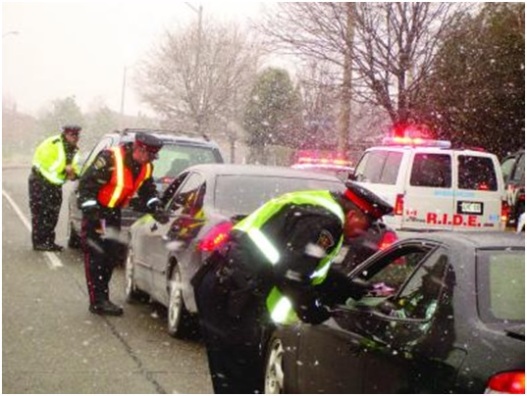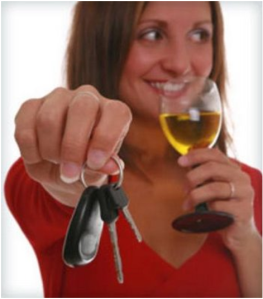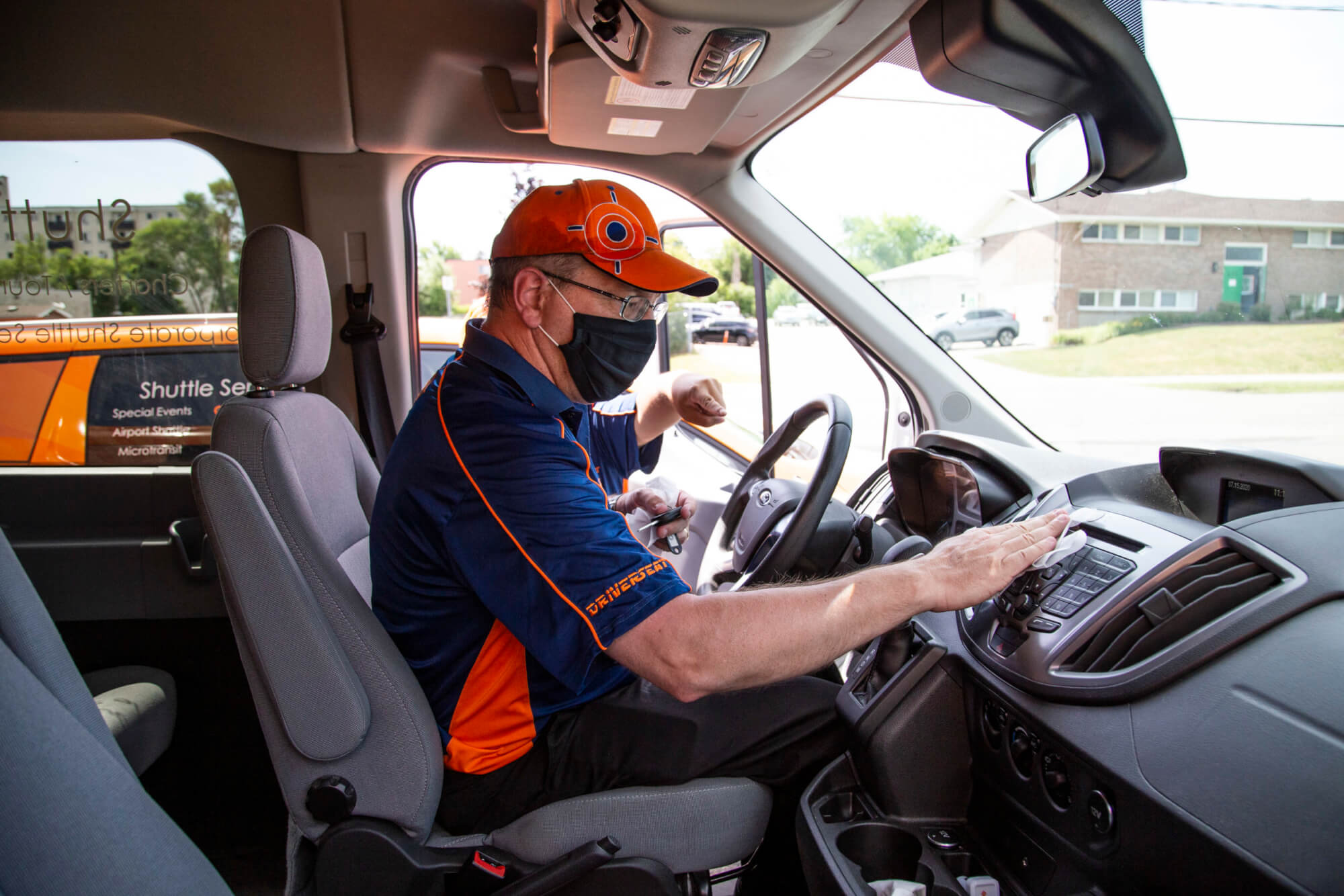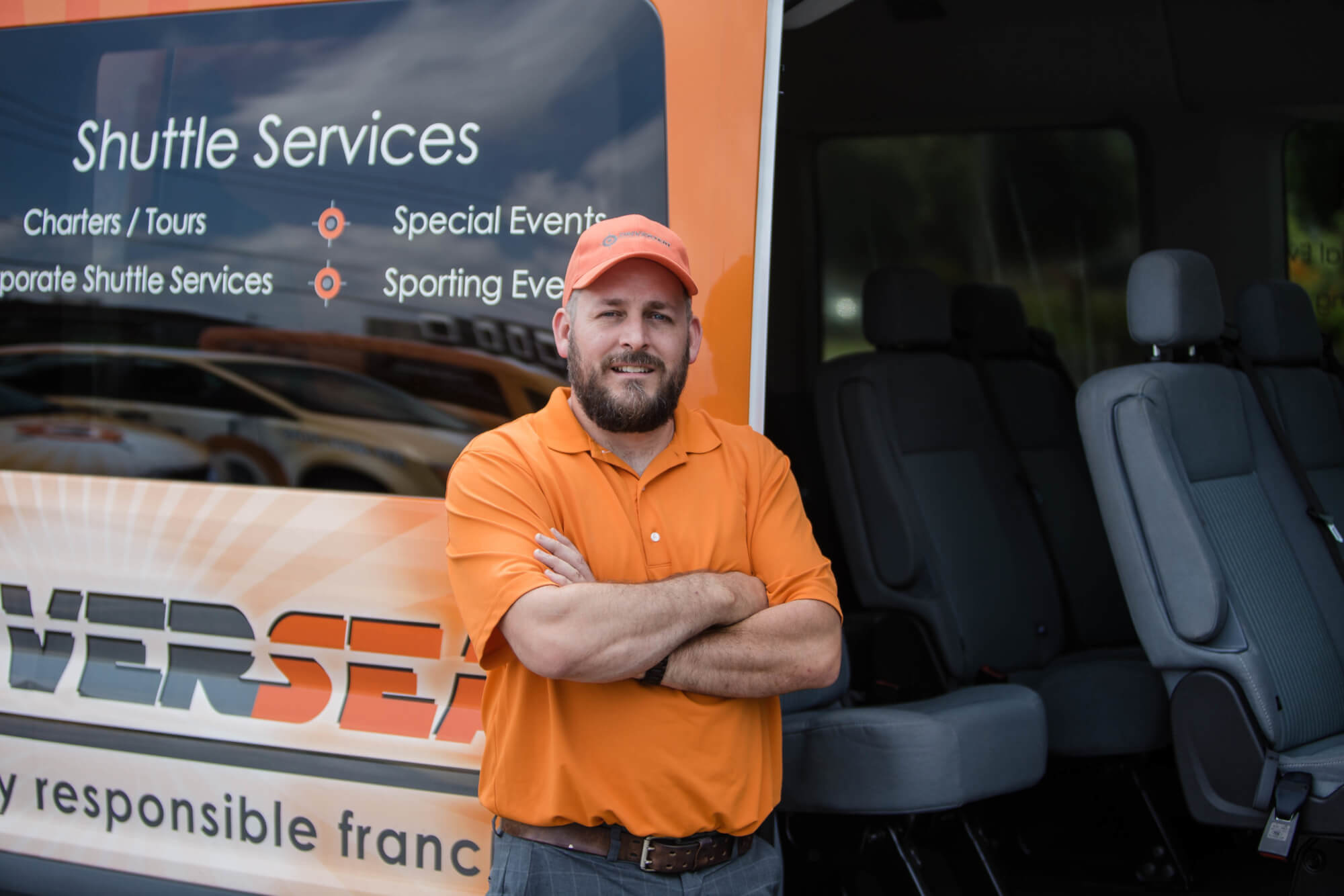51 minutes. How long is that exactly. It is roughly the time it takes to watch a 1-hour TV program (while fast forwarding the commercials), it is the length of a class in high school, just over the average commute time for someone in a bedroom community outside of Toronto and it is the average time it takes to eat a standard meal with company.
In 2012 in the U.S., 10,322 people died in drunk driving crashes. That is one every 51 minutes.
Based on the National Highway Traffic Safety Administration, not only did over 10,000 people lose their lives (one every 51 minutes last year), but someone is injured in a drunk driving crash every 90 seconds. These are astonishing numbers.
Alternatives to driving while impaired are plentiful, so why do so many make such a tragic choice?
I can’t count the number of alternatives to driving while impaired; yet some make this choice to drive while under the influence. In our research, we found that there are 4 key reasons for this. In addressing these 4, we should be able to minimize the number of tragedies on our roads.
 The “it won’t happen to me” mindset. Awareness can change that thought and it is the responsibility of companies like ours, the media, the elected politicians, restaurant and bar owners and other influential people to ensure that we are relentless in our messaging. We need to ensure that the decision maker (aka the driver) is constantly bombarded with messaging around the fact that this does happen and that he / she can avoid it.
The “it won’t happen to me” mindset. Awareness can change that thought and it is the responsibility of companies like ours, the media, the elected politicians, restaurant and bar owners and other influential people to ensure that we are relentless in our messaging. We need to ensure that the decision maker (aka the driver) is constantly bombarded with messaging around the fact that this does happen and that he / she can avoid it. It isn’t convenient to leave the car behind. I get it and I agree. It isn’t convenient. We are all busy. A New York Times article https://opinionator.blogs.nytimes.com/2012/06/30/the-busy-trap/?_r=0 details how often people lament about how busy they are, regardless of the reality. This can cause people who are out consuming alcohol to make the decision to drive home, only to ensure they have their vehicle in the driveway the next morning. The two alternatives to this are Driverseat www.Driverseatcanada.com (or another registered Designated Driving company), or to call a friend to come and retrieve you.
It isn’t convenient to leave the car behind. I get it and I agree. It isn’t convenient. We are all busy. A New York Times article https://opinionator.blogs.nytimes.com/2012/06/30/the-busy-trap/?_r=0 details how often people lament about how busy they are, regardless of the reality. This can cause people who are out consuming alcohol to make the decision to drive home, only to ensure they have their vehicle in the driveway the next morning. The two alternatives to this are Driverseat www.Driverseatcanada.com (or another registered Designated Driving company), or to call a friend to come and retrieve you. I am drinking but not drunk. This is where party hosts, restaurant owners, bar owners and bartenders have to play a part. While awareness helps with this, at the end of the day, it is up to those serving to drive that message home.
I am drinking but not drunk. This is where party hosts, restaurant owners, bar owners and bartenders have to play a part. While awareness helps with this, at the end of the day, it is up to those serving to drive that message home.- A decision to arrange for alternative transportation home wasn’t made before the senses and judgment were impaired by alcohol. Waiting until someone is impaired to make a logical choice is like waiting until someone is ill before they seek preventative medicine. It just doesn’t work and it doesn’t make sense. Impaired people fall, they get into fights, they make inappropriate comments to others around them and in general, they just aren’t sensible. Waiting until a perfectly rational person is impaired before having them make the decision to arrange for transportation home is counter-intuitive. We need to have them plan for it while they are thinking straight.
So who’s responsibility is it to minimize these numbers and to do whatever we can to prevent deaths and injury on our roadways? It is up to all of us. Last year, 17 million drivers admitted to driving while impaired https://abcnews.go.com/WN/millions-admit-drunk-driving-survey-national-highway-traffic/story?id=11481059 We collectively have to make it socially acceptable to plan for a ride home in advance, to not drive when only “a little bit impaired” and to understand that it can happen to you and it does happen, every 51 minutes.
We should all take 51 minutes of our time each month to promote social responsibility on a massive scale. We should use our LInkedIn accounts, our Facebook accounts, our Twitter, Google + and Instagram accounts to increase awareness of this issue. We should lead by example, promote that others do the right thing at all times, not just when they are really drunk, and ensure that we patronize bars and restaurants who are socially responsible as well.
Brian Bazely is co-founder of Driverseat, a vehicle transportation company.




